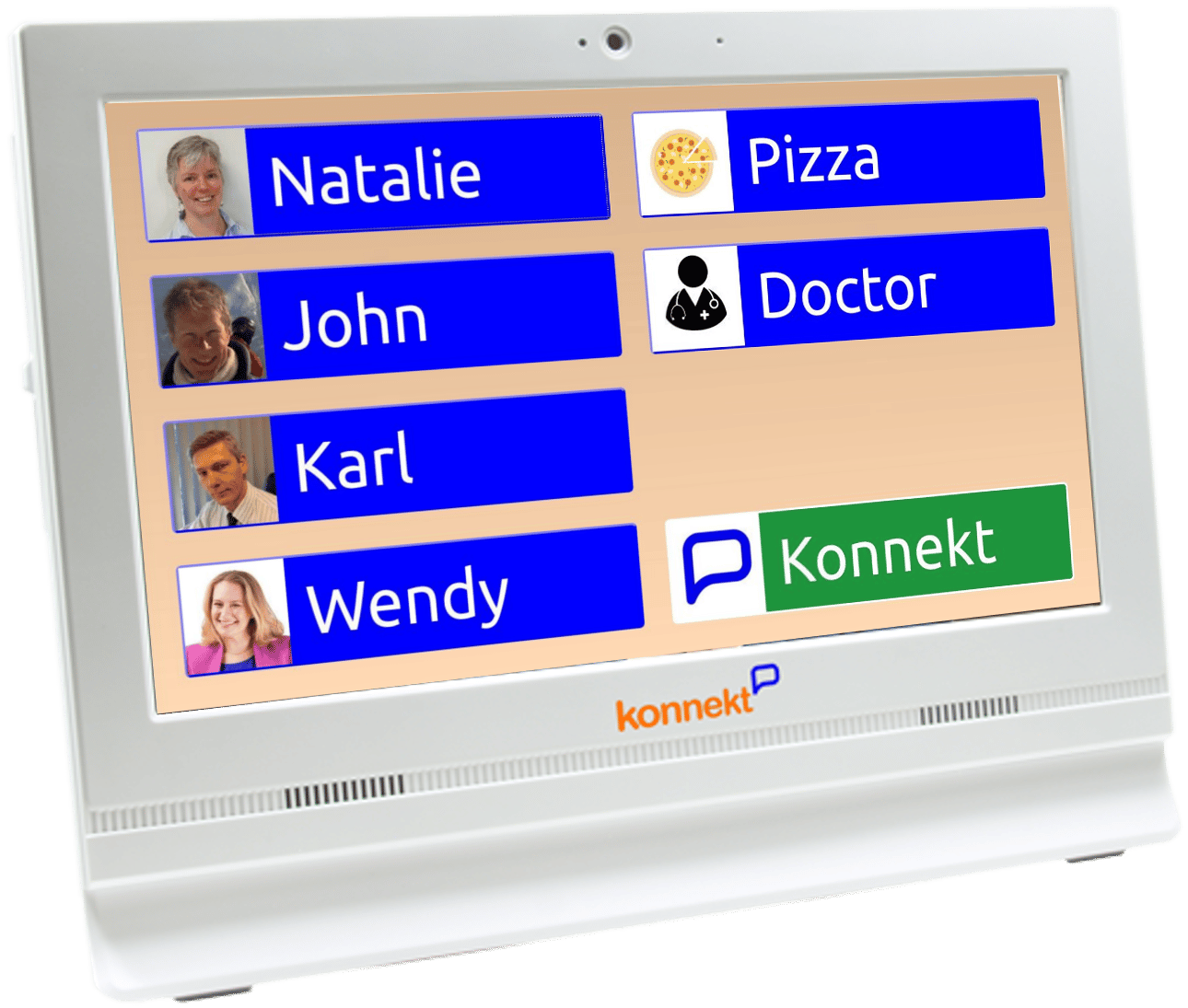Chatting Virtually With Someone With Dementia
In 2022, there are around 55 million people around the world who are living with dementia.
What’s more, it’s estimated that approximately 65% of those with a current diagnosis are living in the community (Dementia Australia).
Therefore, it’s likely that many of us have already met – or will soon meet – another person who is struggling to come to terms with their diagnosis. Whether it be ourselves, a loved one, a neighbor, friend or family member, one thing is for certain: dementia has the ability to impact us all.
Of course, social connection is one of the most widely acknowledged antidotes to health challenges, including dementia. This fact is reflected in our article Staying Connected with the Elderly During Isolation. Of course, this brings us to the question of how to communicate effectively with someone who has a dementia diagnosis.
How to talk to a parent with dementia
- Be aware of, simplify, and clarify your language choices
- Try the tools and techniques of social connection (including audiobooks, storytelling and calls from family)
- Recognize the differences between “lack of understanding” and hearing impairment
- Use communication aids and assistive technologies such as the Konnekt Videophone for dementia
Let’s explore each of these suggestions now.





